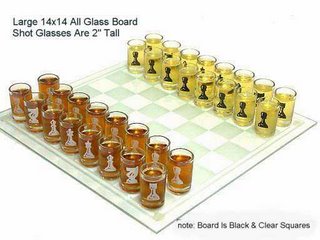This should be the last post on the EA FIFA x World Cup thing, but I'll skip the numbers, prediction analysis and percentages (which were a little bit above average, by the way). Instead, I want to focus on the dramatic side of it.
A couple of days ago, Brazil was eliminated from the World Cup by France, in the quarter finals. No video game simulation engine in the market would take in consideration the elements, visible to human eye, that have fabricated the unpredictable but obvious outcome of that match.
On that respect, the Brazilian squad - the favorites - not only have failed to play beautifully, they have also failed to play. Apparently, there was no desire for pragmatic victory or ecsatic performance. No
ludus nor
paidia.
Amongst other necessary variables for a true simulation would be the state of mind of each athlete: The determination of a star in his (brilliant) farwell tour. The self-sufficiency of stars who
should have had their farwell tour some time ago. The weight of excessive popularity. And so much more...
I suspect game players fill in these blanks during game sessions; transferring their own states of mind (imagined or real) to their multiple polygonal counterparts; imagining the dramatic content sports sims are, today, unable to present.
And maybe that's why game-based predictions such as this one should not be taken too seriously. And even less shoud be their analysis.
 (image from Yahaha's website)
(image from Yahaha's website)